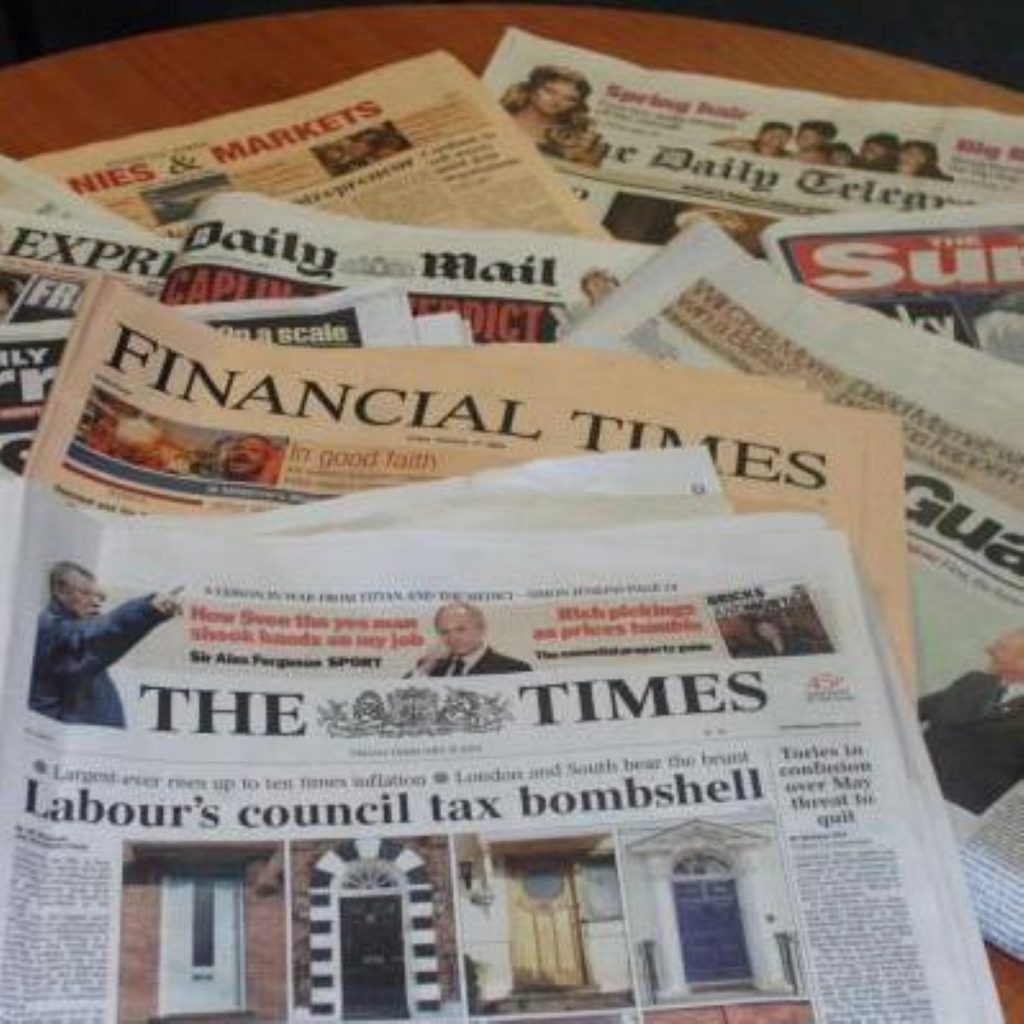Labour: Here’s how we’d implement Leveson
By Charles MaggsFollow @charlesmaggs
Labour today presented a draft bill proposing implementing the key findings of Lord Justice Leveson's report into press standards.
The opposition wants the government to push ahead with legislative underpinning of self-regulation for the printed press, which the prime minister has made clear he opposes.
The draft press freedom and trust bill includes a 'media freedom' clause which places a duty on ministers to uphold and protect media freedom.


But David Cameron and many Conservatives are sceptical about such a plan, believing it may open the floodgates to government involvement in the media.
All of Leveson's key suggestions are included. The bill proposes an independent regulatory body, which would be administered by a recognition panel, headed by the Lord chief justice.
This recognition panel would then report every three years on the effectiveness of the independent regulator.
"This bill puts into effect the central recommendation of Lord Justice Leveson's report – legal backing for the new system of independent self-regulation by the press," Labour deputy leader Harriet Harman said.
"The bill would ensure that the system was verified at the outset and given a health check once every three years."
In an extension to Leveson's report, the bill also extends to covering newspapers' online content.
The plan, which has the support of Liberal Democrats, will now be discussed at cross-party talks on Thursday.
Labour brought forward this bill in response to the prime minister's claim that a bill involving legislative underpinning would not be workable.
If Labour and the Lib Dems are united on the issue, along with a number of Conservatives who have said they support implementing Leveson's plans, they would have enough votes to defeat the government.
Cameron is thought to be considering an alternative 'underpinning' method in which the regulatory body would be established in law under the terms of a royal charter, which specifically protect it from interference by ministers.












